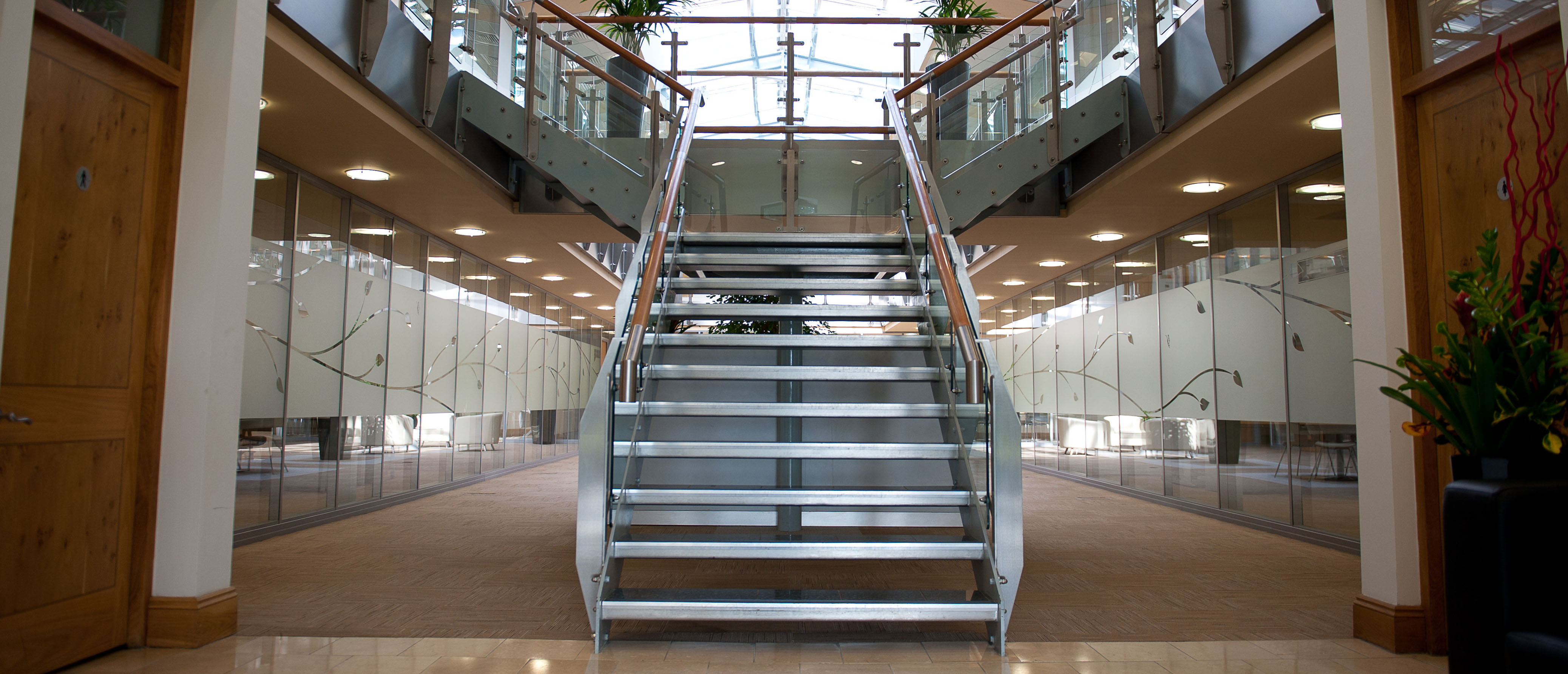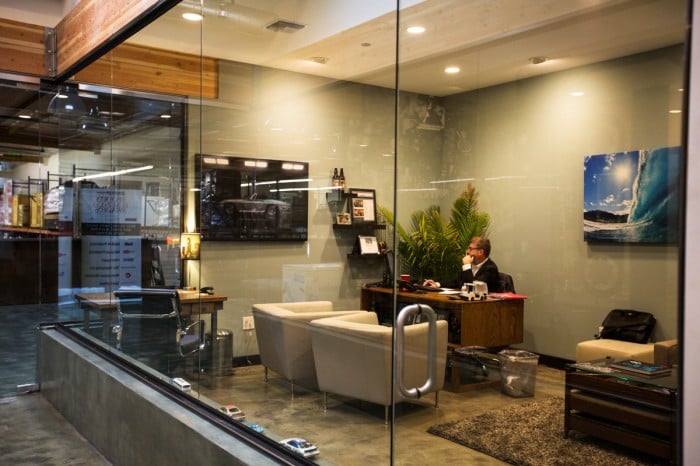Hot desking FAQs: What exactly is included?
You’ve heard of it, your friends are enthusiastically raving about it, you fancy trying it but you’re unsure what exactly co-working and hot-desking are. Put simply, it is a style of work which involves working in a shared environment. The shared office space is typically an office which comprises of independent activity and unlike a ‘conventional’ office, those working are not typically employed by the same organisation.
Okay, so you get the general gist of this modern working phenomenon, but you want to know what exactly is involved when you settle down to work.
Fortunately help is at hand. In order for you to comprehensively understanding what flexible office space entails take a look at our following guide to what exactly is included when you take the plunge into the increasingly popular world of co-working.
A desk
The most basic element of a hot-desking package includes the member getting his or her own desk. As Forbes writes: “People don’t want to work in tiny cubicles anymore.”
Instead of jostling for room in a coffee shop, co-workers get their own workstation that gives them ample room to spread out and make the most of their individual working space.
Office furniture
Of course, you can’t have a desk without a chair to sit on! Co-working centres do, of course, provide members with a chair. Unlike many ‘conventional’ offices, which are not well known for providing employees with the most comfortable of furniture, many of the higher-end co-working centres, such as WorkWell, stock only the highest quality of office furniture.
The Internet
The internet has single-handedly provided people with new ways of working. With the World Wide Web spurning remote working initiatives and improved access to business applications, it stands to reason that the internet is an imperative feature of co-working offices.
For the remote worker, having access to quick Wi-Fi can make their working day considerably more productive. Consequently, co-working centres make ultra-rapid Wi-Fi an inherent part of their co-working packages.
On-site IT support
When you are working independently, if you are not what you’d consider to be something of an IT whizz, a breakdown in telecommunication can be catastrophic. This is when co-working centres, which have IT support at the ready, can prove invaluable.
Aside from ultra-quick Wi-Fi, many of the higher-quality co-working centres, such as WorkWell, include onsite IT support. If your equipment or data fails you, all is not necessarily lost.
As Liz Elam, founder of LinkCoworking, told Forbes:
“Entrepreneurs who are trying to work out of their home struggle with isolation. Co-working allows them to have a built-in support system – and that in itself is priceless.”
Refreshments
How many times have you gone downstairs to make a much-needed cup of tea when working from home, only to find there are no teabags left! As the Huffington Post writes, having a constant flow of information can make you understandably agitated. Workers are encouraged to take regular breaks away from their computers in order to reduce stress levels and improve productivity.
In fact, apps are now even available, such as Google Chrome’s Take A Break, in which a small icon flashes every 15 minutes as a reminder for you to stop surfing and go and have a drink.
Though we have to admit, going to make a drink only to find there is no tea or coffee available will not do our anxiety levels any favours.
In shared offices, this less than favourable scenario is unlikely to occur. As the likes of WorkWell co-working offices always have a well-stocked kitchen. At WorkWell you can even forget about cheap instant coffee as our co-workers have the luxury of being able to have as much freshly brewed coffee as they want in a day!
Temperature control
There have been numerous studies carried out to determine the impact the air temperature of an office has on employee productivity. It is widely agreed that an optimal office temperature should be between 21 and 23 degrees Celsius.
Regulating the temperature in a homeworking environment so that it’s warm in the winter and cool in the summer can cost an independent worker a significant sum each year. Most co-working centres include total temperature control, meaning you can enjoy working in the ideal temperature all year round.
And the extras…
Phones
For an additional cost that is not included in the co-working membership packages, co-workers can have their own phone line. Some co-working centres will provide a landline number for your business. This number can be forwarded to your mobile number of to a personalised voicemail.
Meeting rooms
As home offices and coffee shops rarely have enough space to swing a cat let alone invite clients, colleagues or potential clients over for a meeting, many remote working set-ups lack the ‘professionalism’ of an office.
This is where co-working offices can help give you and your business a professional edge. For an additional cost, co-workers can book to use a comfortable meeting room which includes all the latest presentation and conferencing facilities.
When you consider you’ll have access to ultra-rapid Wi-Fi, a built-in support system, top-quality office furniture, year-round temperature control, a potential landline number and a well-facilitated meeting room at your disposal, co-working in Leeds memberships can be a cost-effective way to give your business a boost in the right direction.
Want to try coworking in Leeds or Harrogate? Let us know! Get in touch with me and try us for a week.









